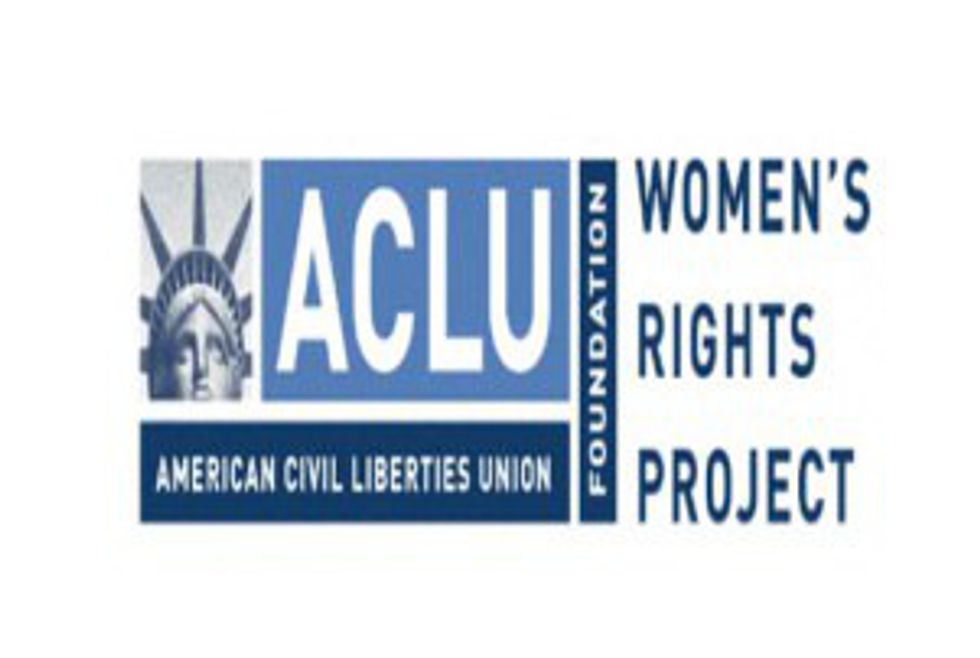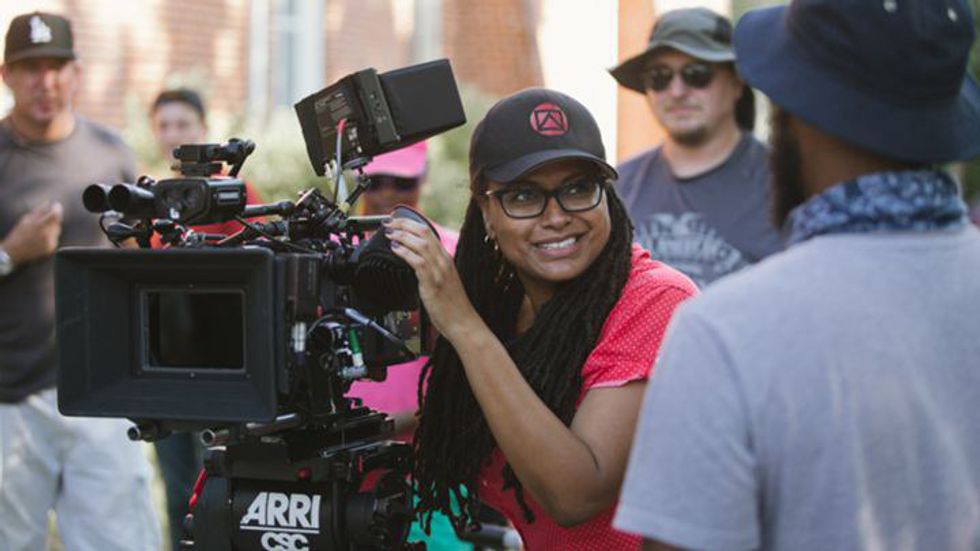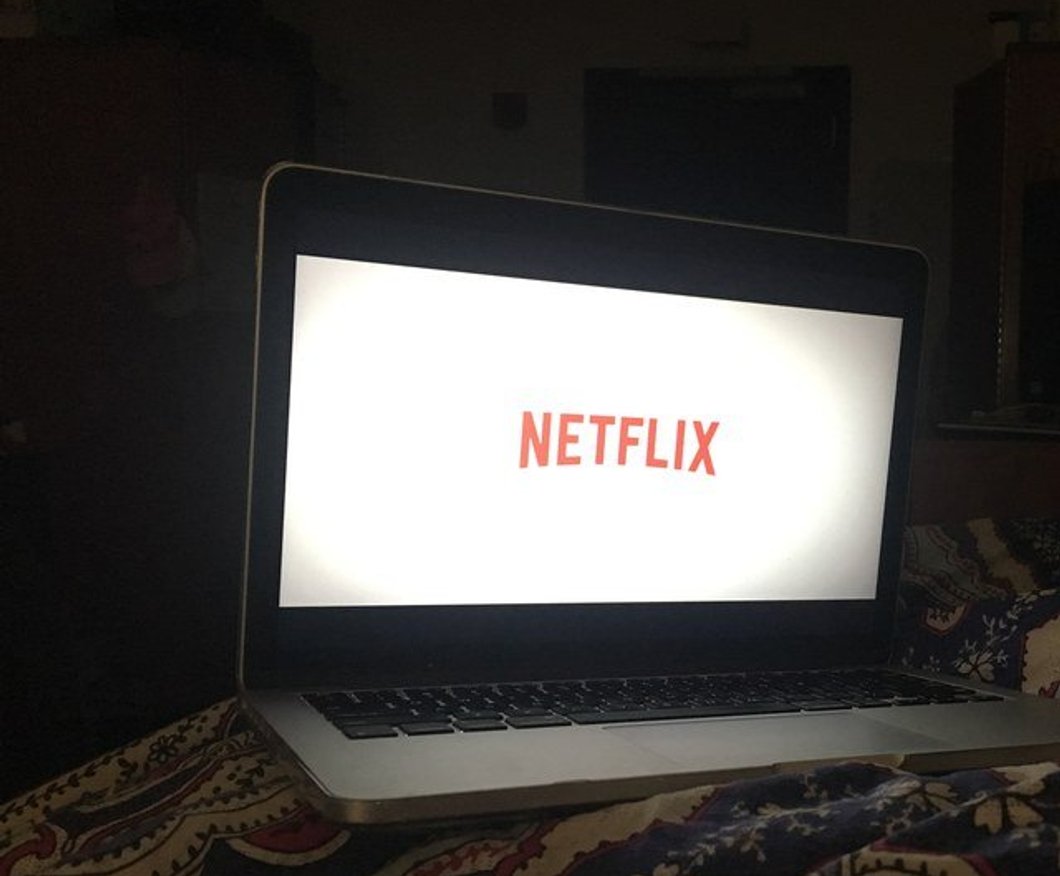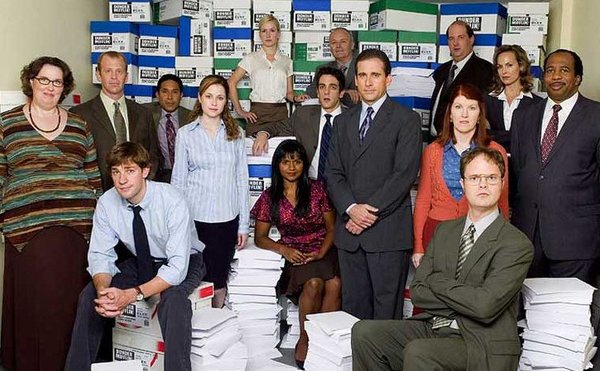For the past week, a letter from the ACLU - American Civil Liberties Union - has been circling my radar. It had popped up on Twitter, it showed up at my internship, and it stayed in the back of my mind for days after I had glanced at it quickly when Selma director and all around champion for equality in the entertainment industry Ava DuVernay tweeted it out. The letter, which was written almost a year ago, was addressed to the U.S Equal Opportunity Employment Commission and accused the the film and television industry of excluding women directors and called for an investigation into the issue as a matter of equal employment rights.
Via Deadline.com
In the letter, the picture painted for women directors in Hollywood is depressing. Women are being shut out of big-budget films and are significantly underrepresented in TV. According to the ACLU there are fewer women working as directors in American media today than there were 20 years ago. This not be chalked up to a fluctuating talent pool, and we are actively moving backwards. In the last 12 years only 4 percent of top grossing movies have tapped a woman to direct, and in the past 2 years that statistic has shrunk down to 1.9 percent. A percentage so unfathomably low that it is nearly 8 times smaller than the number of active-duty females in the U.S Military. Military jobs that weren’t even open to women until 2016 have a better representation ratio than the the film industry.
It’s no secret that women directors are few and far between in Hollywood. In 2015, the total amount of films put out by Hollywood heavy hitters 20th Century Fox, Paramount, the Weinstein Company, and Sony that had a woman director attached reached a grand total of zero. Think about that. Of all the movies that those Hollywood giants chose to invest in, not a single one was directed by a woman. In fact, only four women directors have ever been nominated for best director at the Oscars, and only one, Kathryn Bigelow, has ever won. That is an unbelievable statistic for 88 years of Academy Awards. No woman of color has even been nominated, including DuVernay herself, whose film was an awards season highlight in 2015.
Via Rolling Stone
The reason that the complaint against the industry holds legal weight, and isn’t just brushed off as a cultural problem we need to fix — although it is that as well — is that Title VII of the Civil Rights Acts, the law which the ACLU are claiming the industry is in breach of, prohibits “not only intentional discrimination, but also practices that have the effect of discriminating against individuals.” The hiring of directors is often done but shortlist or by word of mouth connections, something that isn’t rare in many industries. However, this means that many women are shut out of the competition entirely, and if they are selected are often chosen for different types of work than their male counterparts. A woman is far more likely to be selected to work on an indie than a blockbuster, which of course leads to financial disparity as well.

Via Summit Media
As a woman who wants to work within the entertainment industry, the sorry state of affairs that I’m faced with at present causes me to have two reactions. One is the standard fire-under-your-ass feeling that there is always a space for those who create one, that if I just work hard and make myself available, opportunities will present themselves. The other is a kind of irritated resignation. We’ve claimed to have come so far in terms of women’s representation in the media, yet women are consistently not getting jobs in the industry. I’m not an aspiring director, but that’s not by far the only role that suffers from this type of gender bias.






 Photo by
Photo by  Photo by
Photo by  Photo by
Photo by  Photo by
Photo by  Photo by
Photo by 










